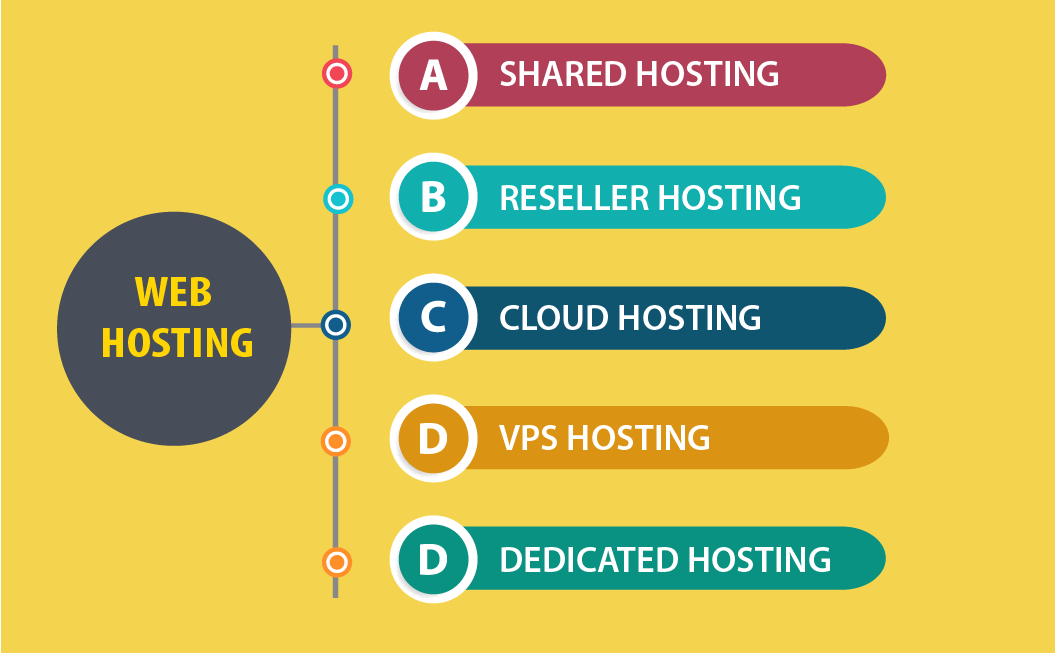Many organizations refuse to run their own server, opting to rent a server, as it does not require a large investment and IT staff to maintain the infrastructure.
However, renting a server also comes with its own set of challenges, so it is important to know what you are getting into.
In this article, we will explore the different types of servers available for rent, their advantages and disadvantages, and whether buying or renting is more favorable in different cases.
What is server rental?
It is a service whereby a user obtains a physical or virtual server in a third party data center for temporary use. The tenant pays a monthly fee and the provider is responsible for setting up and maintaining the infrastructure.
Companies choose to rent a server instead of buying equipment and setting up a server room in the office for many reasons. Here are some of them:
Cost savings: Instead of investing in equipment, customers pay a predictable ongoing fee for as long as they use the server.
Ease of management: When you rent a server in the cloud, the provider takes care of most of the management.
High-end equipment: you get access to top-of-the-range equipment that most companies cannot afford to buy.
Scalability: increasing or decreasing capacity is much faster than with on-site equipment.
Increased resilience and security: To ensure servers run smoothly, hosting providers offer a robust infrastructure with automatic data back-ups and disaster recovery plans. Modern data centers are equipped with state-of-the-art firewalls and intrusion detection systems. It is difficult and expensive to install such systems at your office.
Types of servers

VPS hosting providers offer a virtual environment where the user can run operating system, install applications and configure the server according to their needs. The supplier manages the underlying physical server and provides resources such as memory, storage and bandwidth. VPS is easy to manage, requires minimal cost and is ideal for small projects.
With Colocation, the user provides a physical server, which is hosted in a data center. The service provider is only responsible for internet connection, power and physical security. The management and maintenance of the server is entirely the user’s responsibility. Unlike VPS, colocation allows you to have full control over the physical server and its settings, but it requires more time for management and significant costs for equipment purchase and maintenance.
Cloud server. There are three types of cloud servers according to their functionality:
-
IaaS or Infrastructure-as-a-Service, where a user rents virtual capacity and manages it independently.
-
PaaS or Platform as a Service, where the user only rents a software platform. The provider manages capacity and resources.
-
SaaS or Software as a Service, where the user gets the necessary software. For example, CRM, email services, ERP.
How to choose the best server type
To understand which type of server is right for you, determine the purpose of the server and the workload it will handle. For example, website and application hosting, data storage and analysis. Assess the software you plan to run on the new server. Understand the level of security you need. For example, some organizations must comply with legal requirements for the storage and processing of personal data, which imposes certain security requirements.
It is also important to evaluate additional services. For example, many providers offer the following services as part of a single service or for an additional fee:
Security services: anti-DDoS, antivirus, WAF, vulnerability scanning, etc.
Load balancer – a service that distributes requests between clustered servers. It allows resources to remain available even under abnormal load.
Backup and disaster recovery services that ensure business continuity in the event of a disaster or server failure.
Locally compliant servers that can be used to store and process personal data.
How Much Does It Cost to Rent a Server?
The final cost depends on many factors, including:
-
Server type.
-
Resource characteristics: storage capacity, processor type, amount of RAM.
-
Level of support: 24/7 technical support, SLA (service level agreement).
-
Geographical location of the server: costs can vary by country and even region.
-
Security level: TIER level, encryption, DDoS protection systems.
-
Additional services: backup, monitoring, other cloud services.
As you see, choosing the best server rental option depends on the company's specific needs, budget and resource management preferences. When making a decision, both technical and business aspects should
be considered to ensure the best value for money.




